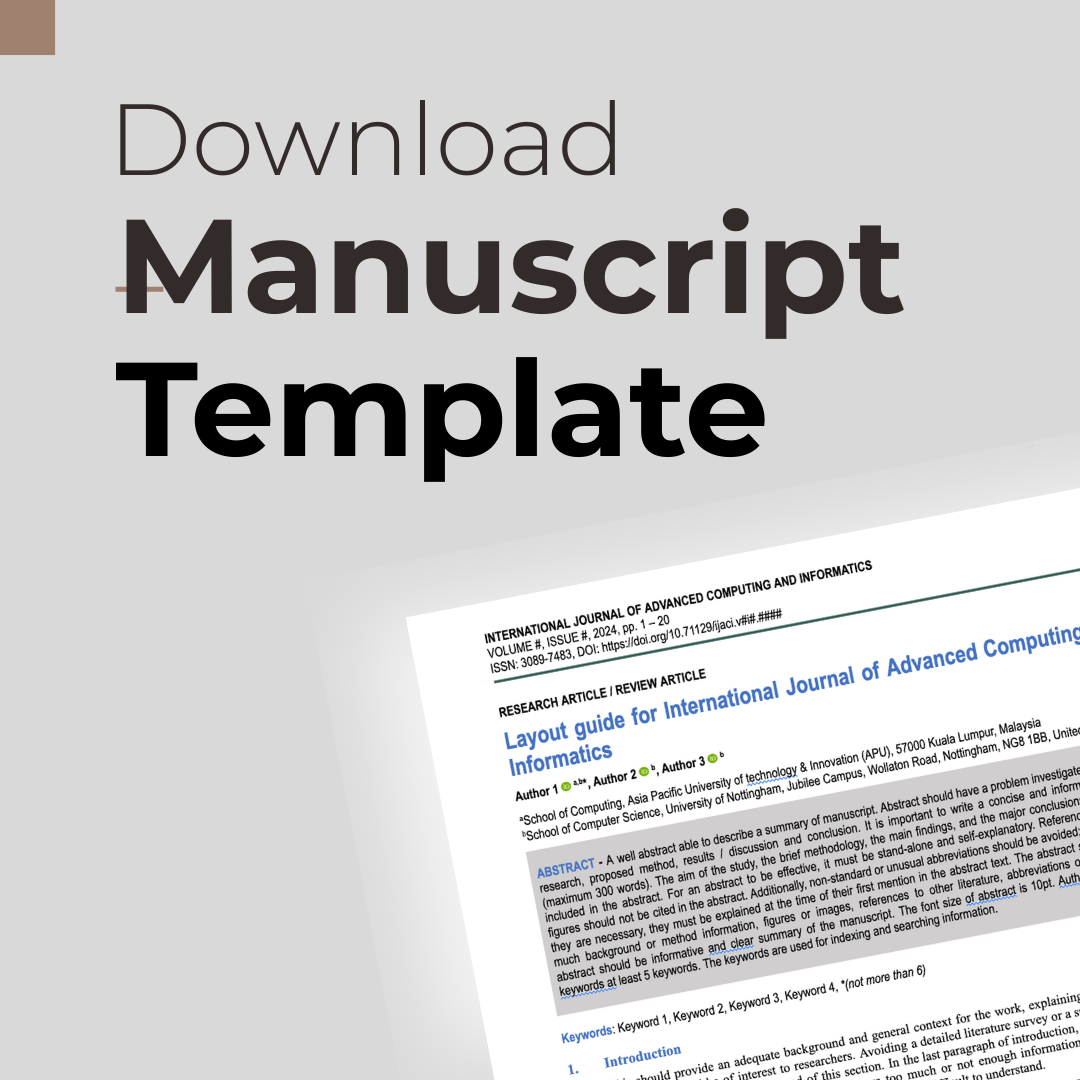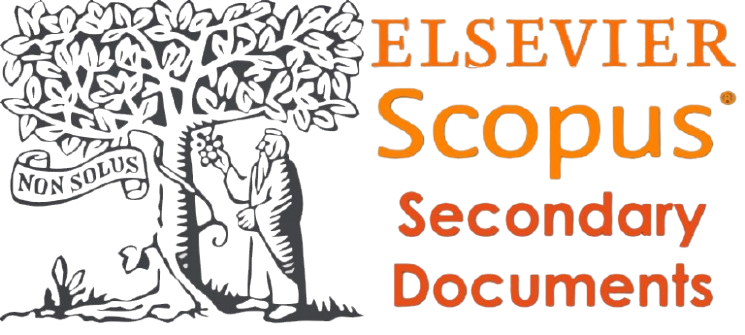Stacked Ensemble of Gradient Boosting Machine, Categorical Boosting,and Extreme Gradient Boosting for Enhanced Tuberculosis Diagnosis
DOI:
https://doi.org/10.71129/ijaci.v2i1.pp1-11Keywords:
Tuberculosis, Machine Learning, Predictive Model, Diagnosis, Stacked EnsembleAbstract
Tuberculosis (TB), a deadly infectious disease caused by Mycobacterium tuberculosis (MTB), remains one of the leading causes of death worldwide, particularly in low and middle-income countries. Despite over a century of eradication efforts, TB continues to pose a significant public health challenge. One of the main obstacles in controlling TB is the limitation of diagnostic facilities that can quickly and accurately detect the disease. This study aims to develop a predictive model for TB diagnosis using various machine learning (ML) algorithms, including Decision Tree, Neural Network, Gaussian Naive Bayes, Logistic Regression, AdaBoost, Categorical Boosting (CatBoost), Gradient Boosting Machine (GBM), and Extreme Gradient Boosting (XGBoost). To prepare an optimal dataset, the research also included data preprocessing using encoding, scaling, and correlation analysis techniques. The dataset comprised 1,200 questionnaires collected from three hospitals in Sindh, with 950 respondents meeting the inclusion criteria. Experimental results showed that the GBM model achieved the highest accuracy of 95.61%, followed by CatBoost at 94.74% and XGBoost at 94.30%. To further enhance accuracy, stacked ensemble method was applied by combining GBM, CatBoost, and XGBoost as a meta-model, resulting in a remarkable accuracy of 96.49%. These findings indicate that the proposed stacked ensemble method can significantly improve TB diagnosis, offering faster and more efficient solutions compared to traditional methods. This research has the potential to enhance early detection and treatment of TB, especially in areas with limited healthcare resources.
Downloads
Published
Abstract
-
132 views
PDF Download
- 63 times
Issue
Section
License
Copyright (c) 2026 Amir Hamzah Dinnillah, Muhammad Fuad Abdullah (Author)

This work is licensed under a Creative Commons Attribution 4.0 International License.







